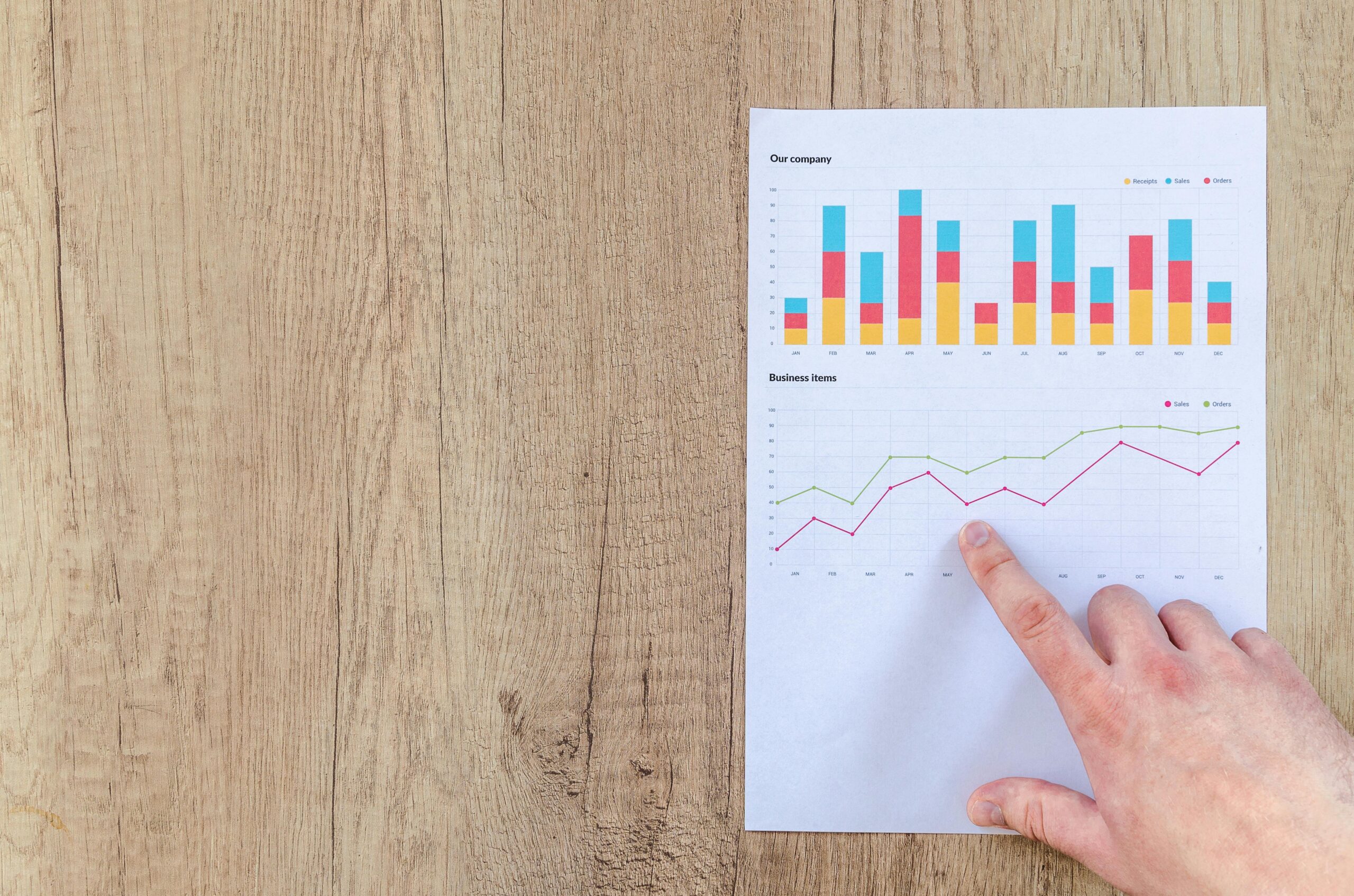Introduction Your credit score is a critical factor that lenders consider when determining your eligibility and interest rates for personal loans. A higher credit score not only increases your chances of loan approval but also helps you qualify for lower interest rates, reducing your overall borrowing costs. In India, credit scores typically range from 300 to 900, with scores above 750 considered excellent. This blog will guide you through practical steps to improve your credit score, ensuring you can secure better personal loan rates and enhance your financial standing.
1. Understand Your Credit Score Before you can improve your credit score, it’s essential to understand what it is and how it’s calculated. In India, credit scores are maintained by credit bureaus like CIBIL, Experian, and Equifax. These bureaus calculate your score based on factors such as:
- Payment History: Timely repayment of loans and credit card bills is the most significant factor affecting your credit score.
- Credit Utilization: This refers to the ratio of your credit card balances to your total credit limit. Lower utilization is better for your score.
- Credit History Length: A longer credit history with consistent repayments positively impacts your score.
- Credit Mix: Having a mix of secured (like home loans) and unsecured credit (like personal loans) can boost your score.
- New Credit Inquiries: Frequent loan or credit card applications can negatively affect your score, as it may signal financial distress.
2. Pay Your Bills on Time One of the most effective ways to improve your credit score is to ensure that you pay all your bills on time, every time. This includes not only your loan EMIs and credit card bills but also utility bills, rent, and any other recurring payments.
- Set Up Reminders: Use reminders or automatic payments to ensure you never miss a due date.
- Partial Payments: If you’re unable to pay the full amount, make at least the minimum payment to avoid late fees and a negative impact on your credit score.
3. Reduce Credit Card Balances High credit card balances can negatively impact your credit utilization ratio, which in turn lowers your credit score. Aim to keep your credit utilization below 30% of your total credit limit.
- Pay Off Debt: Focus on paying off your credit card balances as quickly as possible. Consider using a debt snowball or debt avalanche method to reduce your debt systematically.
- Increase Credit Limits: If possible, request a credit limit increase from your card issuer. This can lower your credit utilization ratio, provided you don’t increase your spending.
4. Avoid Applying for New Credit Frequently Each time you apply for a new credit card or loan, the lender makes a hard inquiry on your credit report, which can temporarily lower your credit score. Frequent applications can signal financial distress to lenders.
- Space Out Applications: Avoid applying for multiple loans or credit cards within a short period. Instead, space out your applications to minimize the impact on your credit score.
- Check Eligibility: Before applying for a loan or credit card, check if you meet the eligibility criteria. This can help you avoid unnecessary rejections and the negative impact on your score.
5. Maintain a Healthy Credit Mix A good mix of secured and unsecured credit can positively influence your credit score. While unsecured credit like personal loans and credit cards are essential, having a secured loan like a home loan or car loan adds stability to your credit profile.
- Balance Your Credit: If you only have unsecured credit, consider adding a secured loan to your portfolio. However, ensure that you can manage the repayments without strain.
6. Keep Old Credit Accounts Open The length of your credit history is a crucial factor in your credit score. Closing old credit accounts can shorten your credit history and lower your score.
- Maintain Older Accounts: Even if you don’t use an old credit card, keeping the account open can benefit your credit score. Just ensure there are no annual fees associated with the card.
- Use Accounts Occasionally: Use your old credit cards occasionally for small purchases and pay off the balance in full to keep the accounts active.
7. Regularly Monitor Your Credit Report Regularly reviewing your credit report helps you identify errors or discrepancies that could be dragging down your score. You’re entitled to one free credit report per year from each of the credit bureaus in India.
- Check for Errors: Look for errors such as incorrect account details, wrong payment history, or accounts that don’t belong to you. Dispute any inaccuracies with the credit bureau to have them corrected.
- Stay Alert: Regular monitoring helps you stay aware of your financial standing and take corrective actions if you notice any negative changes.
8. Settle Outstanding Debts If you have any outstanding debts that are affecting your credit score, it’s essential to settle them as soon as possible. This includes any unpaid loans, credit card balances, or utility bills.
- Negotiate Settlements: If you’re struggling to repay a debt, consider negotiating a settlement with the lender. While this may lower your credit score temporarily, it’s better than having a default on your record.
- Pay Off Collections: If any of your accounts have gone to collections, prioritize paying them off. Even after payment, the collections record may stay on your report for seven years, but its impact on your score will lessen over time.
9. Use a Personal Loan to Consolidate Debt If you have multiple high-interest debts, such as credit card balances, using a personal loan to consolidate them can be a smart move. This allows you to combine all your debts into a single loan with a lower interest rate and a more manageable repayment schedule.
- Choose the Right Loan: Look for a personal loan with a favorable interest rate and repayment terms that align with your financial situation. Paying off high-interest debt with a lower-interest loan can reduce your overall debt burden and improve your credit score over time.
10. Be Patient and Consistent Improving your credit score is a gradual process that requires patience and consistency. It can take several months or even years to see significant improvements, depending on your starting point.
- Stay Committed: Consistently follow good credit habits, such as paying bills on time, reducing debt, and avoiding new credit applications. Over time, these habits will lead to a higher credit score and better loan terms.
Conclusion A strong credit score is essential for qualifying for better personal loan rates and securing favorable financial terms. By understanding the factors that influence your credit score and taking proactive steps to improve it, you can enhance your financial profile and access the credit you need at competitive rates. Remember that consistency and responsible financial behavior are key to maintaining a healthy credit score in the long run. With patience and diligence, you can achieve your financial goals and enjoy the benefits of a higher credit score.











